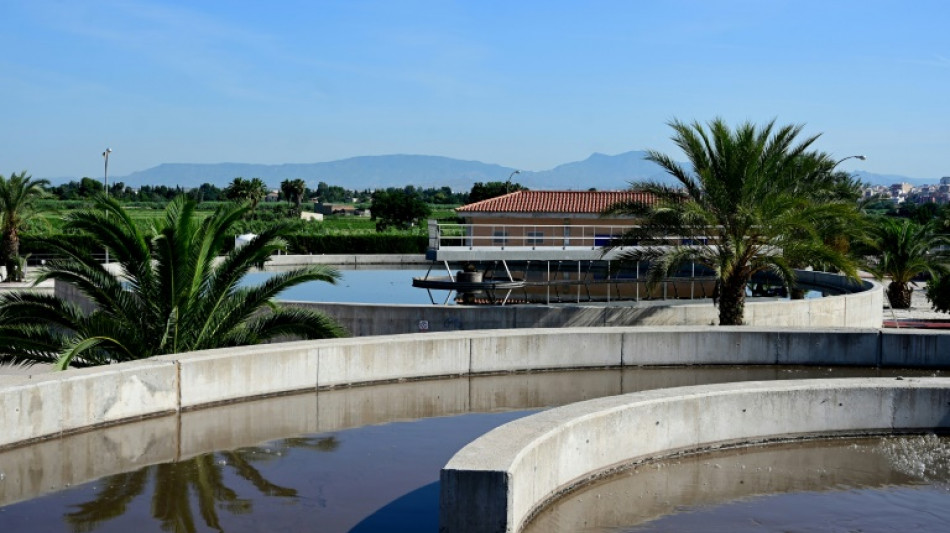

EU to make pharmaceutical and cosmetic industries pay for treating water
The European Union's parliament Wednesday approved a package of rules that will make the pharmaceutical and cosmetic industries cover more of the costs of cleaning up their waste waters.
With a vote of 481 in favour and 79 against, with 26 abstentions, Europe's parliament rubber-stamped an accord it reached late January with member states.
The text, which revises rules in place since 1991, drastically lowers to 1,000 inhabitants the threshold at which towns will be required by 2035 to eliminate all biodegradable organic materials before they can release their treated used waters into the environment.
Towns with more than 150,000 inhabitants will by 2039 have to remove all nitrogen and phosphorous, and by 2045 a wide range of micropollutants.
Most importantly, the package establishes the principle of "the polluter pays" by imposing greater contributions from the pharmaceutical and cosmetic industries.
According to the EU, 59 percent of micropollutants in water treatment stations come from pharmaceutical producers and 14 percent from cosmetics.
These two sectors will be asked to cover 80 percent of the extra investments needed to eliminate micropollutants, with the remaining 20 percent covered by member states.
The European Commission initially wanted industry to cover the full cost, but it dialled back its demands under pressure from the parliament and industry lobbyists.
The package must still be officially approved by the EU's member states.
(R.Lavigne--LPdF)




